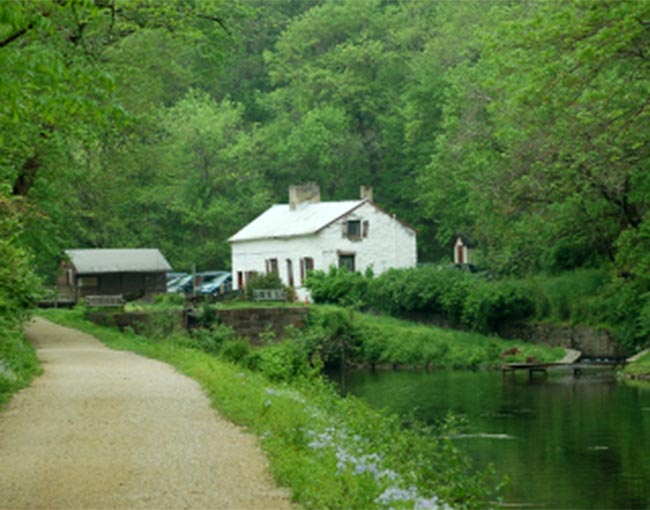An infringement claim can be easy to assert – the plaintiff just shows ownership of a valid copyright, and the copying of his or her work. But in some cases the defense can be even easier. At least it was in Drauglis v. Kappa Map Group, LLC, in the U.S. District Court for the District of Columbia.
The plaintiff photographer proved that the defendant had copied plaintiff’s photograph. “But that is not where the dispute in this case lies,” the court noted. The plaintiff had posted the photo on an Internet photo sharing site under a Creative Commons license. So the only issue in the case turned out to be whether the defendant’s use fell within the terms of the license.
Creative Commons licenses are increasingly common, because they are so easy to use. A photographer can license under Creative Commons simply by using the CC symbols and links. Many photo-sharing sites, like Flickr, make it easy for photographers to automatically license their photos through CC. Art Drauglis, the plaintiff, designated the photo in question, of a white house along a pretty stream, with a standard CC license.
A publisher later used the photo for the cover of a street atlas.
When Drauglis sued, the publisher raised the CC license as a defense, and the court granted the publisher’s motion for summary judgment because of the license. The sole issue was whether the publisher complied with the license, and, because the CC license that Drauglis had picked allowed commercial use, the court readily found that the defendant’s use was compliant. Among other things, the defendant followed the CC license requirements by properly crediting Drauglis for the photo, and identifying the CC license that authorized the copying.
Mark Sableman is a partner in Thompson Coburn’s Intellectual Property group. You can find Mark on Twitter, and reach him at (314) 552-6103 or msableman@thompsoncoburn.com.







